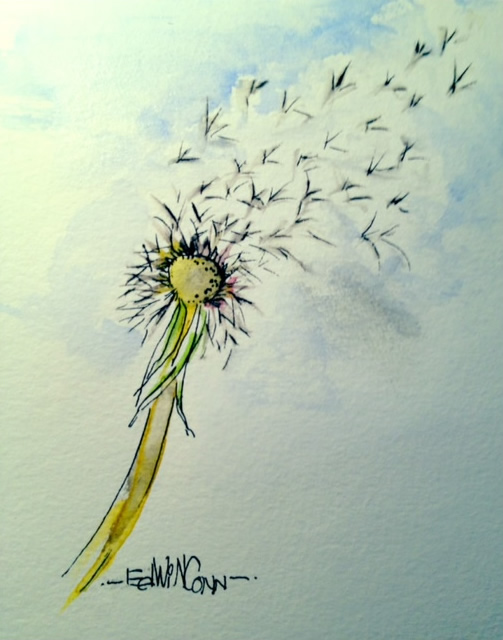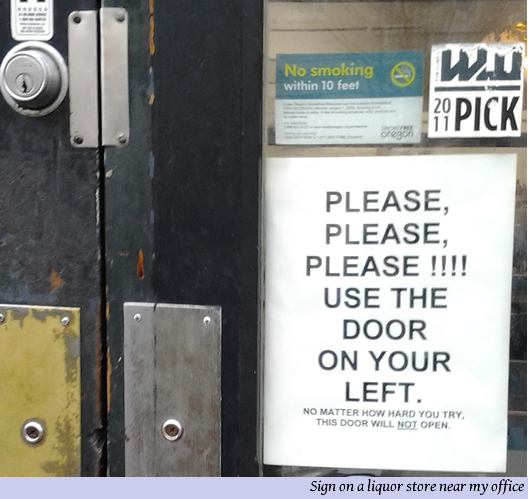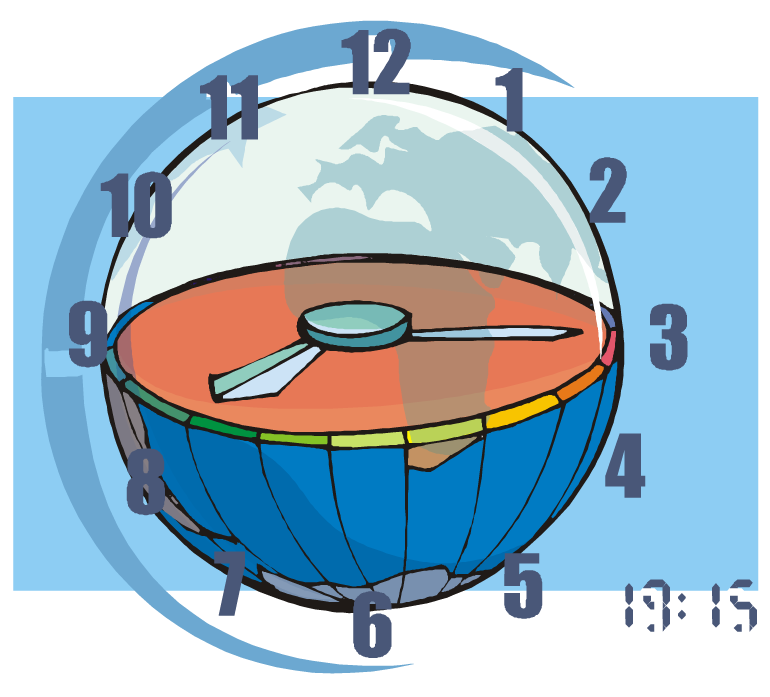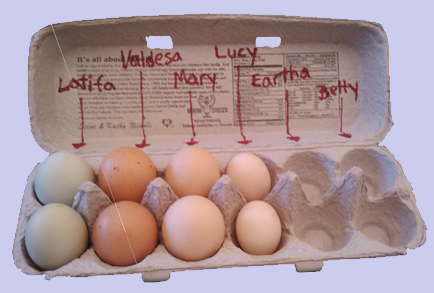The castle was what was once called abustle, which meant extremely busy, with cross people running around at cross-purposes in every direction except straight up. Terry Pratchett, I Shall Wear Midnight
I don’t know about you, but I can produce this phenomenon all by myself. What’s more, when I’m in bustle mode everything I do seems worthwhile. It isn’t, of course.

Abustle is merely an example of a trance state. (Zoned out in front of a computer is another, opposite one.) People in busy, bustling trances — often those who concluded in childhood that their work was their worth — are susceptible to running in all directions.
Taking a deep breath helps. So does stopping for a cup of tea or going for a walk: any activity that disrupts the trance. The obstacle is that many of us were taught to associate busyness with virtue.
Practice: Write down the virtue(s) you associate with busyness.

 Ed Conn
Ed Conn





